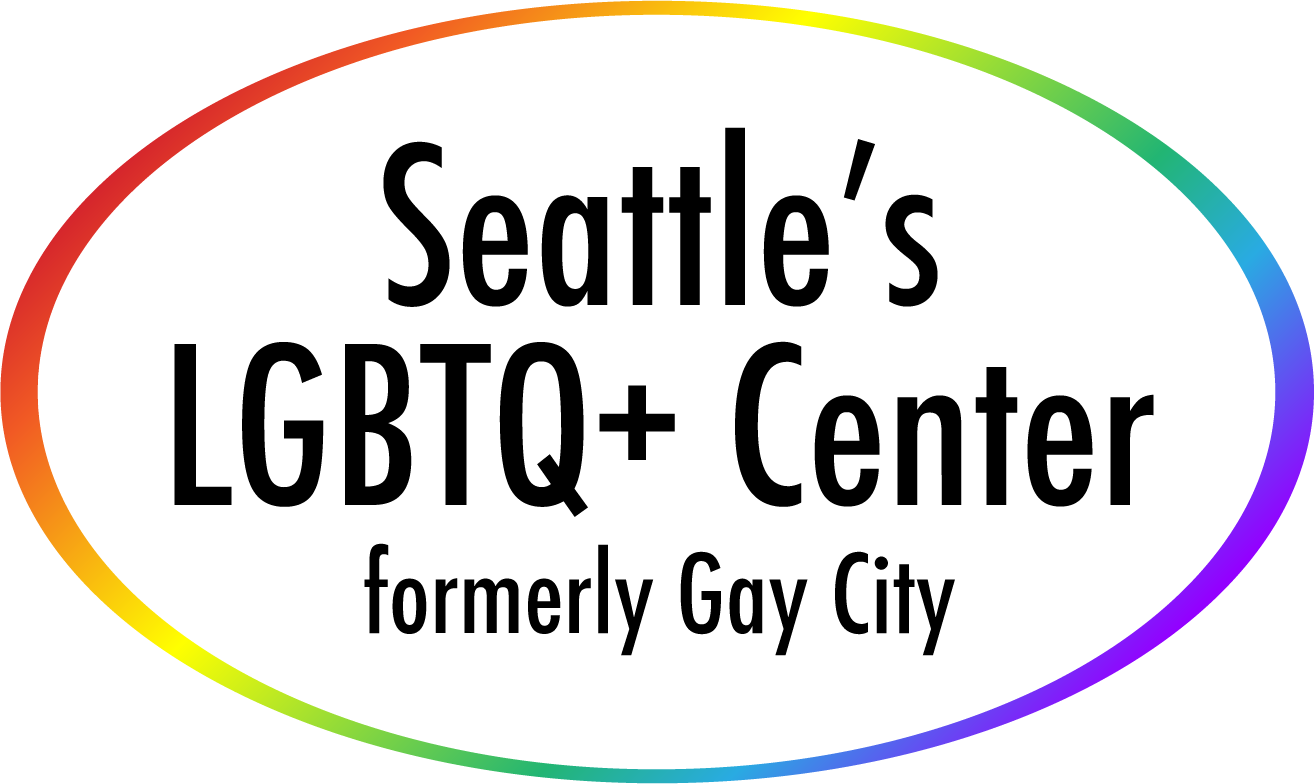Black History Month
Black History is American History
Celebrating Blackness
We’re celebrating influential Black LGBTQ+ figures who have helped pave the way for liberation and joy in our community.
In celebration of your heart,

BHM Spotlight: James Baldwin
First on our list is esteemed novelist James Baldwin. While many in the Civil Rights Movement were still critical or hostile to homosexuality, Baldwin routinely included LGBTQ+ characters in his writings and spoke openly against homophobia.
“Love him and let him love you. Do you think anything else under heaven really matters?”
“It is the homosexual, virtually alone, who can offer a selfless and genuine love because he alone has a real sense of himself, having accepted his own nature.”

Black History Spotlight: Angela Davis
Angela Davis is best known for her activism and academic work surrounding issues of race, class, gender, and more. She’s a prison abolitionist, communist, former affiliate of the Black Panthers, and out lesbian. Like many activists, she’s faced harsh criticism, but continues to be a beacon for liberation. She was inducted into the National Women’s Hall of Fame, and was listed as the 1971 woman of the year in Time Magazine’s 2020 “100 Women of the Year” edition. Today she is a humanities professor at UC Santa Cruz.
“You have to act as if it were possible to radically transform the world, and you have to do it all the time.”
“The idea of freedom is inspiring. But what does it mean? If you are free in a political sense but have no food, what’s that? The freedom to starve?”
“When someone asks me about violence… what it means is that the person who’s asking that question has absolutely no idea what Black people have gone through.. since the first Black person was kidnapped from the shores of Africa”
Learn more about Angela here.

Black History Spotlight: Langston Hughes
Langston Hughes (1902–1967) was a poet and writer most known for being one of the most prominent thinkers of the Harlem Renaissance. His writings spoke truth to the struggles of being Black and Gay at a time of overt racism and homophobia in the U.S.. We celebrate Langston Hughes this month not only for his Black advocacy, but also for his celebration of Black culture, spirituality, and humor.
“In all my life, I have never been free. I have never been able to do anything with freedom, except in the field of my writing.”
“I swear to the Lord, I still can’t see, why Democracy means, everybody but me.”
“I tire so of hearing people say, Let things take their course. Tomorrow is another day. I do not need my freedom when I’m dead. I cannot live on tomorrow’s bread.”
Learn more about Hughes at here.

Black History Spotlight: Alicia Garza
Alicia Garza is an activist and writer best known as one of the co-founders of the Black Lives Matter movement and founder of the Black Futures Lab. Her advocacy spans anti-racism, fighting transphobia, worker’s rights, Black political representation, and more.
“For us, #BlackLivesMatter is really a re-humanization project. It’s a way for us to love each other again, to love ourselves, and to project that love into the world so that we can transfor it.”
“We are clear that all lives matter, but we live in a world where that’s not actually happening in practice. So if we want to get to the place where all lives matter, then we have to make sure that black lives matter, too.”
Learn more about Alicia Garza on her website.
A Deeper Dive into LGBTQ+ Black History:
Six Books To Read For Black History Month
Though our LGBTQ+ library is closed, you may be able to find these books available from Seattle Public Libraries or KCLS via the Libby app or online.

The Stories of Five Other Black LGBTQ+ Icons
Learn about Lee Daniels, Janet Mock, Marsha P. Johnson, Barbara Smith, and Bayard Rustin in our Black History Month article from 2019.

Gay City’s Racial Equity Advocacy
Visit our Press Center for open letters of solidarity with the Black Lives Matter Movement, letters to Mayor Jenny Durkan’s office on the unacceptable use of force against BLM protestors, and how defunding the police and investing in communities can bring restorative justice.
